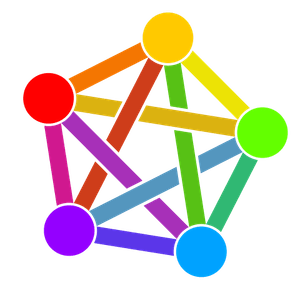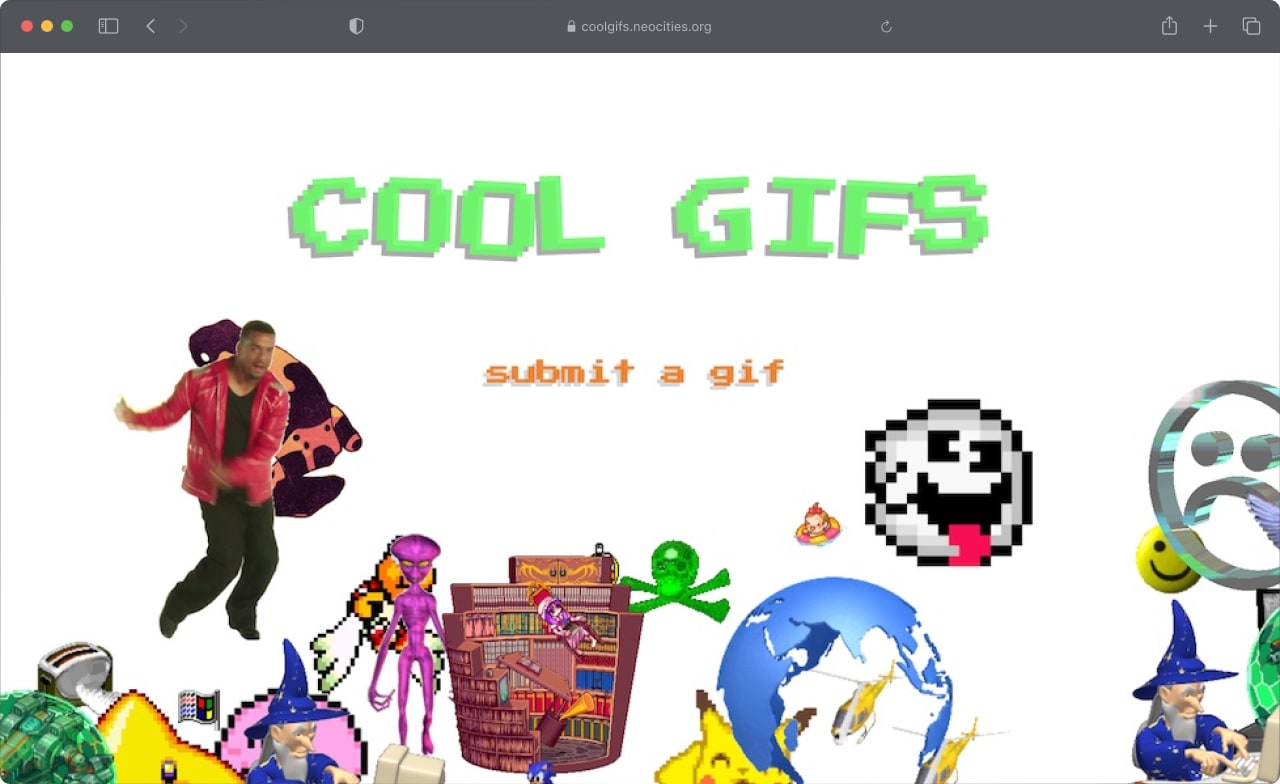I am frustrated. The common internet is a horrible place to be. Fake news, hate speech, pornography, and big companies trying to squeeze every bit of attention and money out of you. Only a few examples of the awfulness you encounter every day on Facebook, Instagram, Twitter/X, and every other social media site and app, as well as major news outlets with their discussion forums. Not to mention the millions of blogs and other websites SEO-optimized to reach the top of Google search results, only to shove advertisements down your throat as much as they can.
Of course, not everything is that bad. There are so many organizations pushing against the trend to monetize everything and collect as much data as possible from every single user. But the overall sentiment is pretty clear: if you don’t pay for all those services, you and your data are the products. Money is eating everything on the internet. And if it’s not the money, hate and racism take over and do the rest.
There are nice places on the internet
I am old enough that I remember a time when the internet was mainly made up of websites created by single people, and a few larger communities. We had StumbleUpon, Altavista and MySpace. Geocities was the hot shit, and folks used Adobe Dreamweaver or Microsoft FrontPage to build their websites. As SMS were quite expensive, MSN, ICQ or AIM were used to chat with your friends and people all around the world. Instead of Spotify we had Napster and Limewire (even though they were not legal). Good ol’ times.
And even though the common internet has become hell on earth, a lot of the old principles, creativity, and welcoming culture have withstood the test of time and manifested in what is now known as the Indieweb, as well as the Fediverse bringing back social media without algorithms and without ads.
Fediverse: social media in your hands
While my Mastodon account is already 4 years old, I only recently became more active on the network after a childish billionaire took over Twitter. And know what? The first months on Mastodon were absolutely mind-blowing. I have the feeling that Twitter is a huge, overcrowded market like Wall Street with millions of idiots yelling for attention. Mastodon instead feels like a neat pub, where you sit with friends having a good beer and random strangers walk by, patting your shoulder and giving you a thumbs-up. Mastodon is a welcoming, creative, and inclusive place where people actually care for your opinion and discuss topics with you. The amount of positive feedback and interesting comments I have received in the last few months is astounding.

There is also Pixelfed, which aims to replace Instagram with a strict focus on image sharing. I actually started being active on Instagram quite early, long before it was bought by Meta. It was a nice place where I could show the world my photos. And now I have the same feeling again, on Pixelfed. It’s an awesome place to share fotos with others without shady product advertisements or tons of fake bodies suggesting new norms. Everything feels like early Instagram, but much better.
Both platforms make social media enjoyable again. I can only express my deepest gratitude to all the people working on the Fediverse. Please consider donating to your instance admin or Mastodon or Pixelfed directly, like I do.
From Geocities to the Indieweb
Like I said above, people used to create their own websites to share things about themselves. From their favorite hobbies or music, to recipes and their local church. Creativity exploded, and Gifs were everywhere. Geocities used to host thousands of websites made by users all around the world. Today, it’s almost impossible to find those websites with Google or any other large search engine. It has become so hard that new search engines have emerged dedicated to all those neat little websites of strangers.

Today, it’s uncommon to have your own website, especially if you are not a business or one of the techies. It’s okay that the common folk stay on the big social media platforms and prefer to fill out a few fields for a pre-designed and standardized profile. Even a link list on platforms like Linktree can usually be found on influencer profiles, not those of regular users. It’s okay. Because building your own website is indeed work, you have to invest, and sadly, only a few people will actually value the work you do. But like with Mastodon, where people live an open and inclusive culture, the Indieweb consists of millions of people with their own websites, holding up the flag of independence and creativity. The Indieweb is not a platform, a specific framework, or a technology to build a website. It’s a culture, a community, and a place to be yourself. I have my own website, and I love tinkering on it. I added Webmentions quite early, which is a system that adds likes and comments to websites that are otherwise not connected to each other. In the past few days, I added a share button for Mastodon and h-card information. And, last but not least, I joined two web rings that used to be huge in the 90s and early 2000s, and they are coming back as part of a growing IndieWeb.
I can only encourage you to join me and millions of other people. Become part of social media without the commercial pressure. Create your own website (it can actually be free!) and be part of something great. If you have questions, feel free to contact me.
